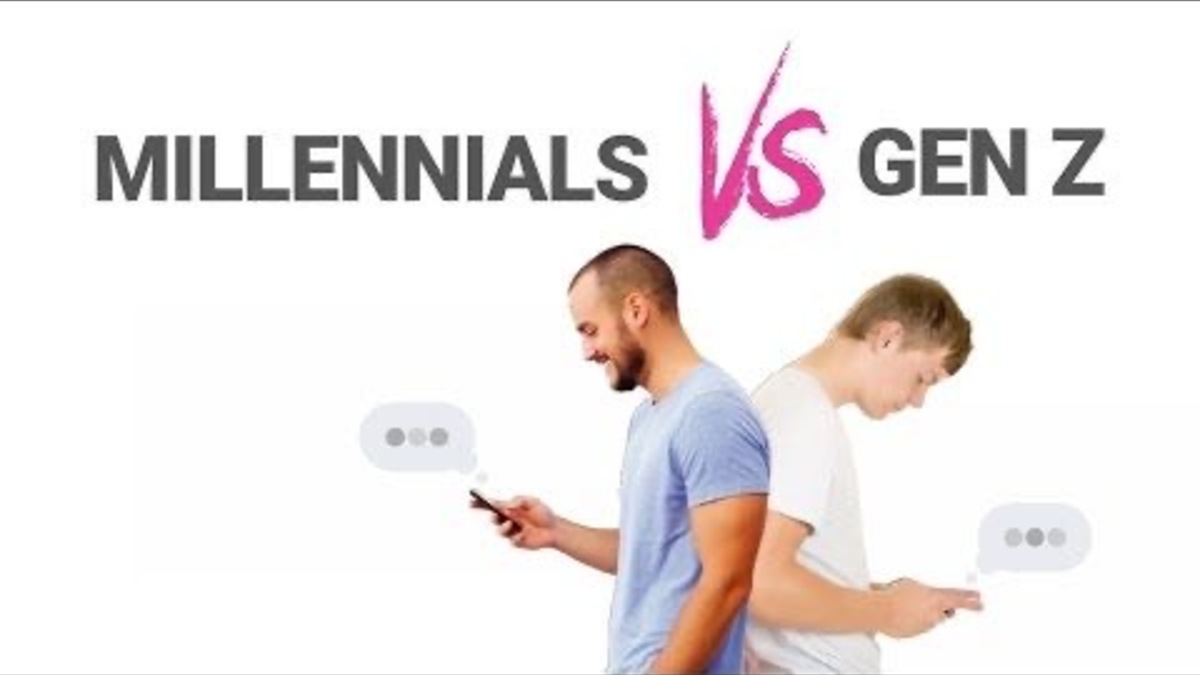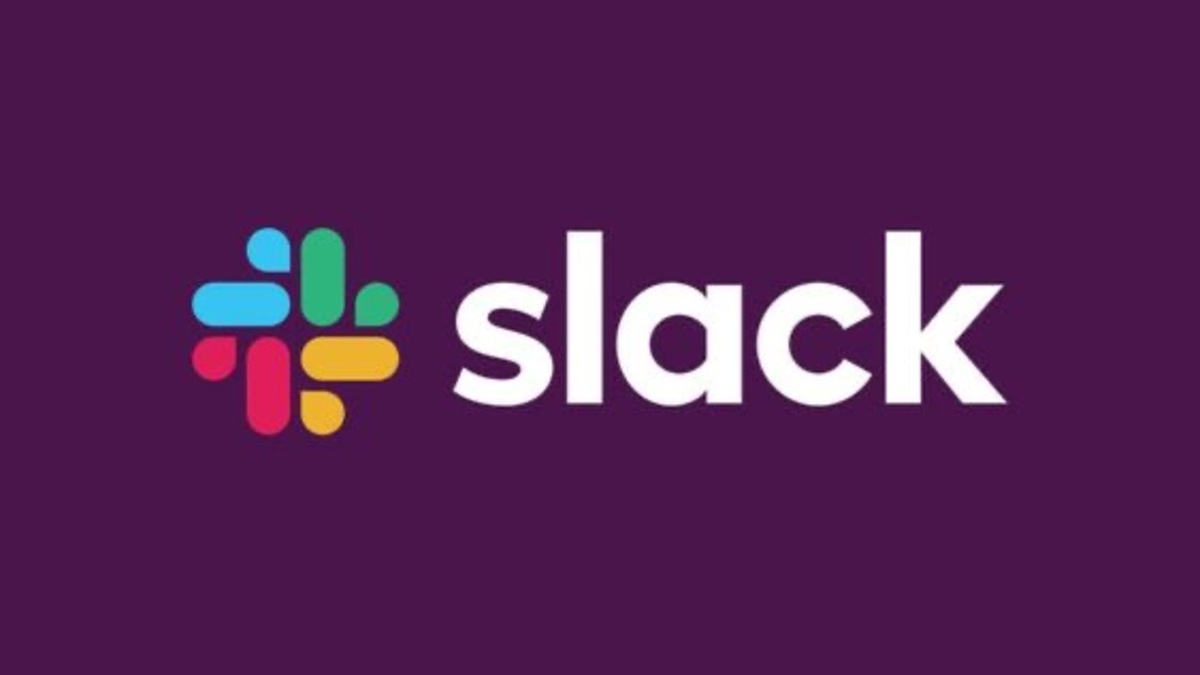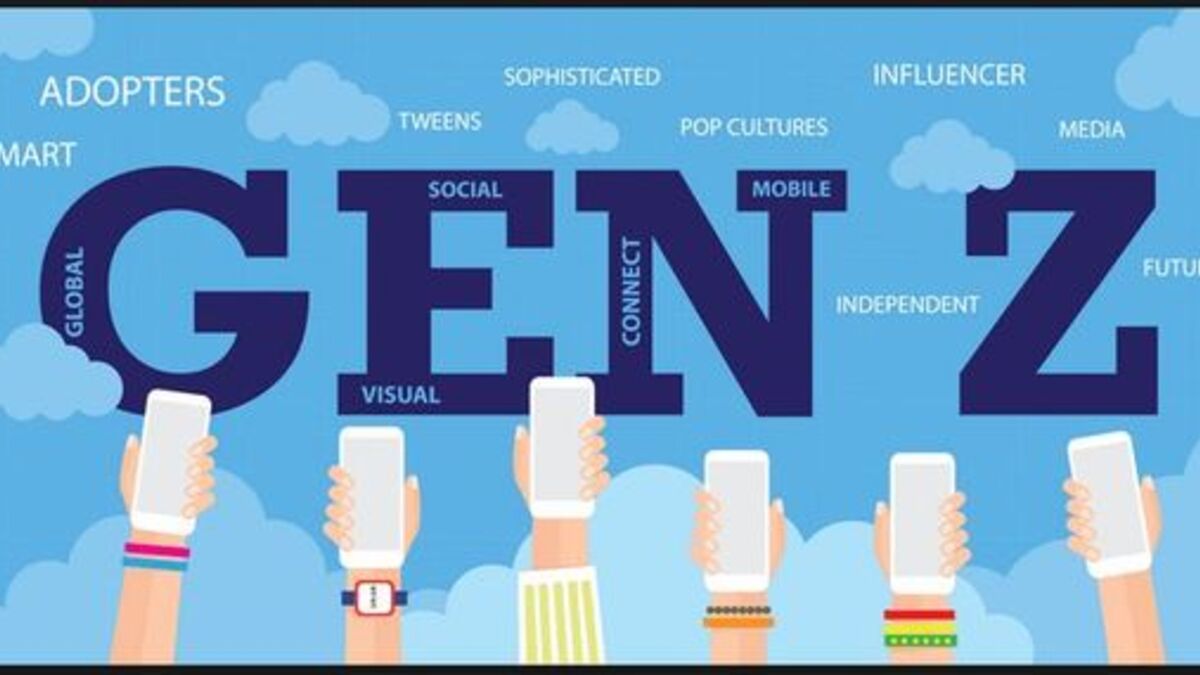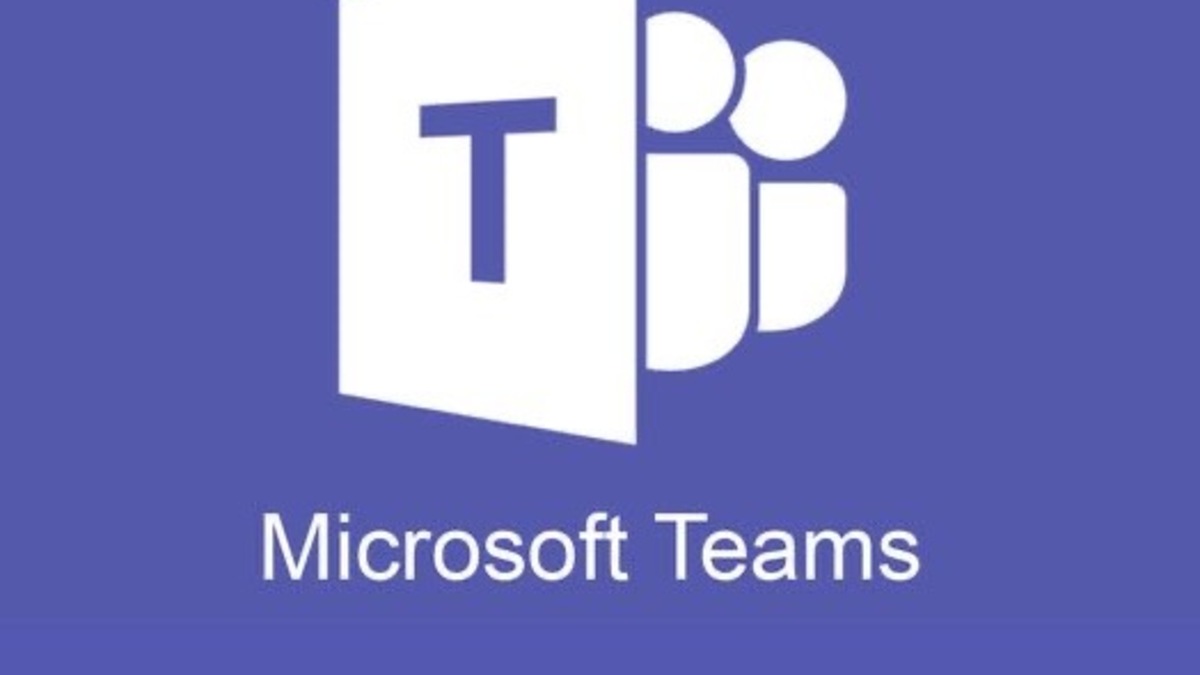Gen Z and Millennials’ Approach to Taking Time Off

Gen Z and Millennials’ Approach to Taking Time Off
Gen Z and Millennials
The Concept of Quiet Vacationing
The Strategy
The Workaround Culture Among Millennials
Unlimited PTO Is Not Usually Utilized
New Policies as Solutions
Management’s Role
The European Work Culture
Reduced Productivity
Technology Aids Quiet Vacationing
Creating Safe Spaces
Work-Life Balance Is Essential
MOST POPULAR
-
Dinosaur Embryo Discovered Inside 72-Million-Year-Old Egg
March 22, 2024 -
Some Countries With Strict Anti-LGBTQ+ Laws
March 22, 2024 -
New Study Reveals Underground Climate Change Below Populated U.S. Cities
March 18, 2024 -
Truckers Show Support for Trump, Boycott NYC Amid $355 Million Civil Fraud Ruling
April 17, 2024 -
Did Oswald Act Alone? Chilling Testimonies From JFK’s Assassination
March 9, 2024 -
CRFB Reveals How Much National Debt Trump Incurred in His Presidency
April 19, 2024 -
Americans Think Both Biden and Trump Would Not Make Good Presidents
April 16, 2024 -
Here’s Why Young American Males Don’t Want a College Education
May 18, 2024 -
Baltimore Mayor Accuses Racists of Weaponizing DEI Language
April 15, 2024 -
Federal Judge Suggests Trump Might Incite Another Riot Like January 6
April 18, 2024














